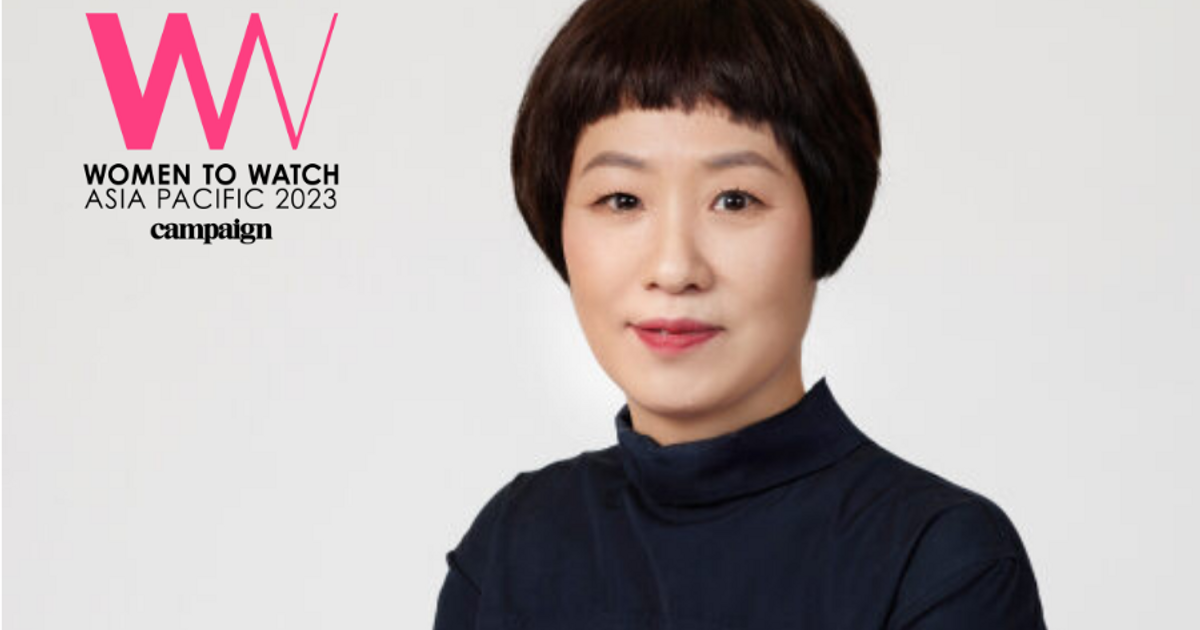But Barbie, which entered the Chinese market under a strict quota for foreign movies and movie censorship imposed by film regulators, has seen discussion around the film and its themes gain momentum. At the heart of that discussion is the film’s presentation of toxic masculinity and its support of feminism.
The move did not go unnoticed, with the UN Committee on the Elimination of Discrimination against Women (CEDAW) voicing its concerns in a statement in May that “there have been no women at the highest executive level”.
While none of the discussions about Barbie have touched on Chinese politics, it could end up being the pink-loving Barbie character who will “lead the way to affirmative feminist action”, according to a Weibo user named Hong Qianchen.
Social media has seen a flurry of activity since the movie was released, with many women commenting that they saw male viewers leave the cinema midway, saying it was because they were irritated by the film’s dialogue criticising toxic masculinity.
On Hupu, a sports forum with mainly male users, more than 3,500 people gave Barbie a score of 5.6 out of 10.
But on Douban, China’s popular film rating site, Barbie received a score of 8.5 out of 10 from more than 280,000 users as of Thursday – higher than any other film in its time slot.
A comment on Douban, which was liked more than 25,000 times, said: “You know, Chinese women don’t get many chances to see a film with a purely female perspective in the cinema.”
Some Chinese feminists argue that the movie, which has attracted an audience that crosses a wide social range, has provided a rare platform in China for public discussion of women’s rights and gender issues.
Margot Robbie, as her Barbie character, fills a giant screen in a promotion for the film outside a shopping centre in Beijing. Photo: AFP
Zhou Xiaoxuan, a scriptwriter who rose to national fame for daring to go public with accusations of sexual harassment by a famous state television host, said the film provided a public space for Chinese women to discuss gender issues.
“Every girl can go to the cinema with her friends and discuss the film,” Zhou said. “Even though the film is not entirely about feminism, it’s very meaningful in China.
“It means every cinema can be a space that hosts feminism.”
Zhou was involved in one of the most high-profile cases in China’s #MeToo movement. In 2018, she accused Zhu Jun, a prominent host at CCTV, of sexually harassing her during her 2014 internship at the state broadcaster. A Beijing court dismissed Zhou’s allegations in 2021 and rejected her appeal last year, attributing it to a lack of evidence.
“Me and a lot of my friends who are feminists have reunited because of Barbie. Going to the cinema is a legal activity that no one can stop,” Zhou said.
Zhang Zhiqi, co-anchor of Stochastic Volatility, one of China’s most popular podcasts, said the movie’s value was more in its wide audience reach than in its content.
“I can only say it’s a film about the patriarchy,” Zhang said. “There are more insightful and pioneering films we’ve seen as feminists, but they are not commercial films for general audiences.”
That kind of cinema experience related to feminism was fresh, Zhang said.
The discussions around Barbie run counter to Chinese society’s generally low interest or tolerance for critical voices related to women’s rights.
In Chinese pop culture, works directly touching on gender are rare and often cause heated debates or market indifference.
Stand-up comedian Yang Li, who rose to fame in 2020 and is known for her satire about arrogant men, was attacked for her appearance, and the brands she endorsed were boycotted by some customers, after her clips went viral.
And in 2017, Angels Wear White, a mainland film about a sexually abused minor, won best director at the Golden Horse Awards, arguably the most important awards for Chinese-language cinema, yet it only took 20 million yuan (US$2.79 million) at the box office in China.








